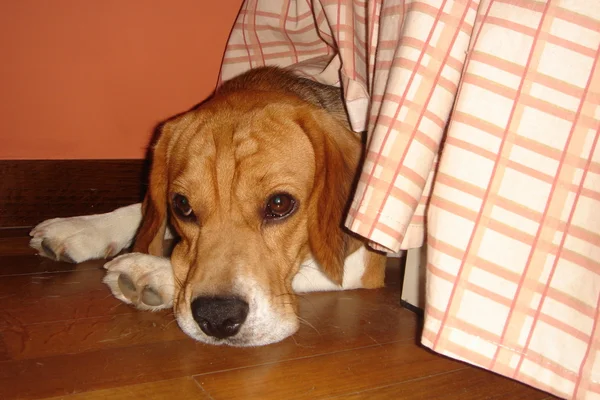
What if the night sky’s dazzling bursts of colour felt more like danger than celebration? For many pets, fireworks season isn’t a spectacle-it’s a source of fear. The loud bangs, flashing lights, and unfamiliar smells can leave animals trembling, hiding, or even attempting to escape. And for their owners, it’s just as unsettling to watch a beloved companion in distress.
With Bonfire Night and other seasonal displays lighting up communities, animal welfare experts are urging pet owners to prepare early. The RSPCA’s latest guidance, supported by veterinary professionals and sound-proofing specialists, offers a wealth of practical strategies aimed at keeping pets safe and comfortable. From creating secure hideaways to using calming music, these tips aim to transform a stressful season into one your pets can weather with ease. Here are nine expert-backed ways to protect and soothe pets during fireworks season-so the celebrations outside don’t disrupt the peace inside.
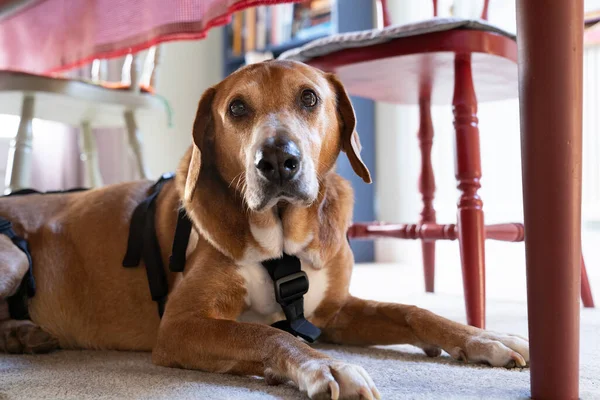
1. Create a Safe Haven Indoors
The RSPCA recommends setting up a dedicated safe space well in advance of fireworks starting: a quiet room or an interior space with few windows is are good example, according to Pet Acoustics. Remove hazards, add familiar bedding, toys, and treats, and ensure it’s a place your pet can retreat to freely. For cats, multiple hiding spots around the home can help, while dogs may appreciate a covered crate or den. This area can be soundproofed with heavy curtains or blankets that block flashing lights and reduce the noise. A fan or white noise machine will mask the sounds outside even more, creating a sense of being in a cocoon.
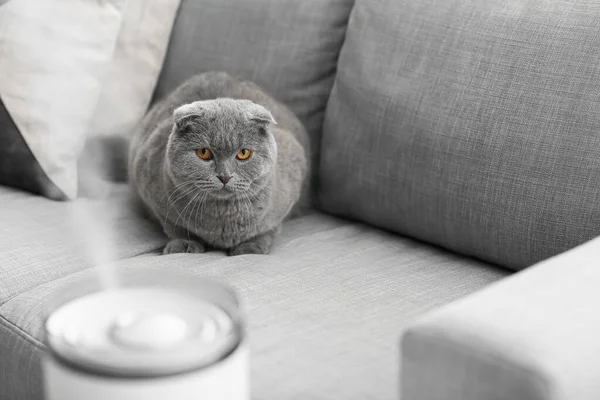
2. Use Pheromone Calmers
Pheromone-releasing calming collars, sprays, or diffusers can be employed to make pets feel safer. Products such as Adaptil for dogs or Feliway for cats artificially re-create natural scents that comfort them, and a veterinarian may recommend these during high-stress events. Introduce these aids in advance so your pet will associate them with safety, not sudden change.
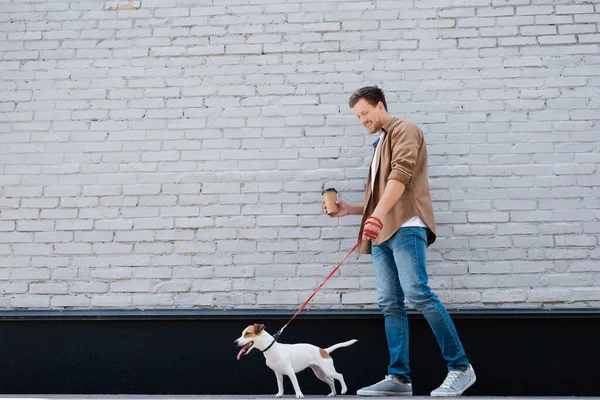
3. Gradually Adjust Routines
Sudden changes can add to anxiety. If fireworks season means walking dogs earlier in the day or stabling horses overnight, start shifting routines gradually. Leave horses, ponies and donkeys in familiar environments with their usual companions. Small animals that live outside should have extra bedding and partial cage coverings for insulation.
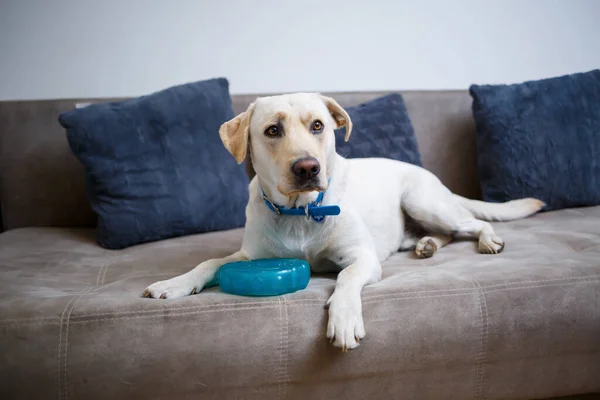
4. Soundproof and Seal Your Home
Joshua Houston, a sound-proofing expert, recommends inspecting the home for any gaps or weaknesses around windows and doors where sound can creep in. Sealing with caulk or draft excluders should be done in these areas. Heavy, noise-reducing curtains also block outside sound and dampen unsettling flashes. Picking out the quietest room in the house this is often an interior corridor or large bathroom can make quite a big difference during peak fireworks hours.
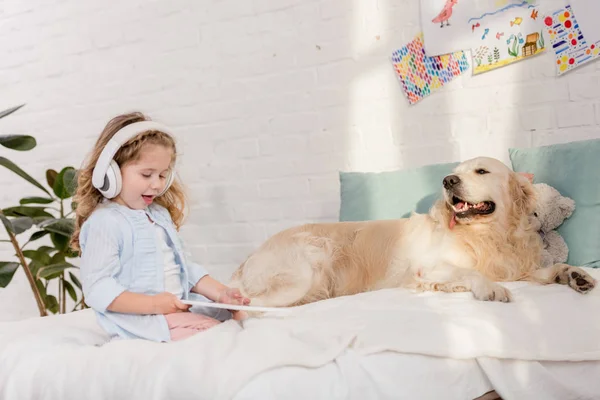
5. Playing Soothing Music
Classically calming: Classical music is said to ease canine agitation, with playlists such as Classic FM’s Pet Classics being put together with anxious animals in mind. According to presenter Charlotte Hawkins, “It’s amazing the difference relaxing music can have in helping to calm and soothe animals.” Whether it’s the soothing Beethoven ‘Pastoral’ or Debussy’s ‘Rêverie,’ gentle melodies can mask fireworks noise and encourage relaxation.

6. Plan with Neighbours and Organisers
Knowing the times and locations will help in preparation. Look at local listings, chat with neighbours, and contact an organiser about targeting fireworks away from livestock or horses. Those who entertain can help minimize distress by using low-noise fireworks and notifying nearby pet owners well in advance.
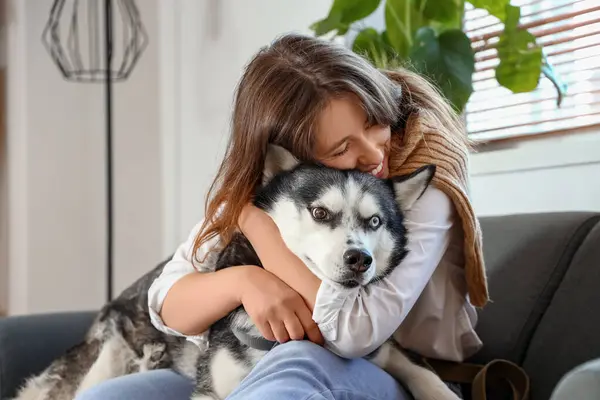
7. Comfort Without Forcing Interaction
Pets react differently-some want to be close, others alone. The RSPCA says it is OK to comfort a pet if it seems to calm them, but don’t force interaction. Allow the cat to just hide, and for dogs, offer toys or light, soft play if they are receptive. Never punish fearful behavior as this can make the fear worse.
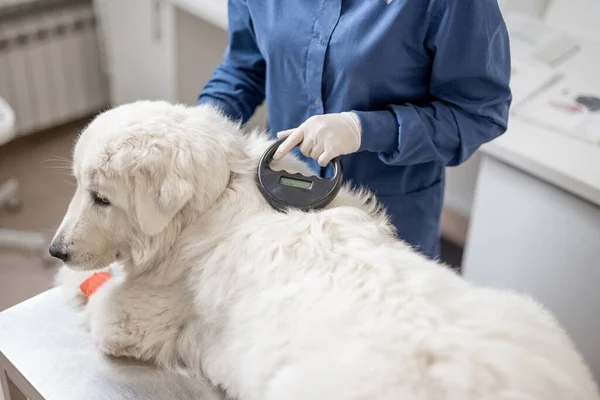
8. Ensure Identification and Safety
Fireworks can also startle pets to run away. Microchip details that are up to date and a collar with readable ID tags increase chances of safe return. Consider securing doors, windows, and garden gates at times of sudden noise to prevent escape.

9. Seek Professional Help for Severe Anxiety
If a pet’s fear is extreme marked by pacing, panting, or destructive behaviour it’s best to consult a vet or clinical animal behaviourist. They can recommend treatment options ranging from pheromone therapy to sound desensitization programmes. For some dogs, starting training three to six months before fireworks season significantly reduces long-term stress.
Fireworks season can be a highlight of the year for communities, but for pets, it is usually a disorienting and fearful time. Early planning, safe spaces, and calming activities protect pets from unnecessary anguish. Thoughtful planning combined with expert-commended strategies ensures that the celebratory outdoors and comfort-and-safety insiders can coexist.


